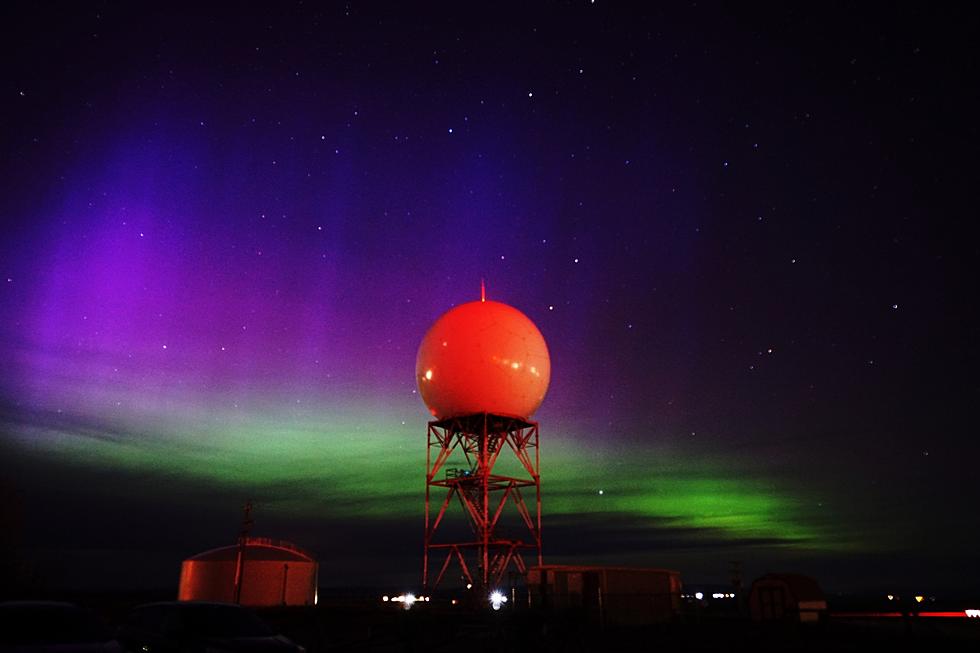
This App Helps You See Comet Now Passing Over Wyoming
The beginning of next month is the best time to see a comet that is passing right over Wyoming.
These things are not as easy to see with the naked eye as you might imagine.
Photographers can zoom in and make these events more impressive than they really are.
The last comet to pass by Earth looked more like a faint star with a smudge for a tail.
This one will look about the same.
But you can see it with a good pair of binoculars.
So, how do you find this thing?
I mean, there are a lot of little dots up there.
It's not easy.
Well, as you might imagine, there is an app for that.
It's a temporary app but you can download it now and use it to find that sucker way up there in the sky.
Use this link to get the app or find it at your app store.
Find the Comet C/2022 E3 (ZTF) in the night sky before it disappears!
This app helps you locate Comet C/2022 E3 (ZTF) in the night sky. Just hold your device up to the sky and find the red target marker on the screen. That's where the comet is! The app uses your location and up-to-date ephemerides from the NASA JPL's Horizons database to calculate the comet's position.
So why is this comet green?
This video might help answer that question.
Comet C/2022 E3 (ZTF) is currently making its way through the northern skies and should reach its brightest magnitude in early February. It's just visible to the naked eye--if you know where to look.
The comet is fast approaching Earth for a close encounter (0.28 AU) on Feb. 1st. To see the comet for yourself, look to the north just after sunset and look for a faint greenish glow. Under the right dark sky conditions, the comet could be visible to the unaided eye, but binoculars will certainly make the job easier.
On Jan. 26-30, the comet will appear just beside Ursa Minor, also known as the Little Bear. On February 1-2 you can find the green comet passing near Polaris, the brightest star of the Ursa Minor constellation.
If current trends continue, the comet's brightness will peak on Feb. 1-2 around magnitude +5, an easy target for backyard astrophotographers.
Wyoming Mountain Man Convention
Shooting Black Powder In Wyoming
More From 104.7 KISS-FM









